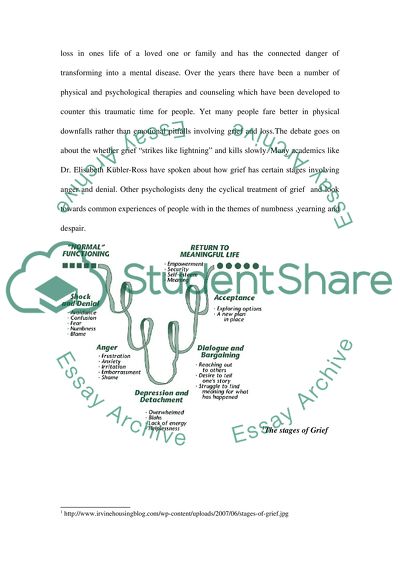Cite this document
(“Grief Essay Example | Topics and Well Written Essays - 2000 words”, n.d.)
Retrieved from https://studentshare.org/miscellaneous/1506693-grief
Retrieved from https://studentshare.org/miscellaneous/1506693-grief
(Grief Essay Example | Topics and Well Written Essays - 2000 Words)
https://studentshare.org/miscellaneous/1506693-grief.
https://studentshare.org/miscellaneous/1506693-grief.
“Grief Essay Example | Topics and Well Written Essays - 2000 Words”, n.d. https://studentshare.org/miscellaneous/1506693-grief.


